South of the West Research Network will be a multi-disciplinary complex connecting scholars in Brazil, Chile, Argentina, Australia, Aotearoa/New Zealand and South Africa.
Building on the notion of a general cultural alignment in former European colonies below the equator, this network will research topics such as the complex relations between settlers and indigenous peoples, multiculturalism, modernity, urbanisation, gender and sexuality, maritime histories, landscape imagery, social media, interactive and communal creativity in sound and image, mobile/locative artwork, miniature screens and personal AV devices, internet and network theory and practice.
The network will involve staff and student exchange, grant applications, publications, and multi-platform research outcomes.
This site is currently in development and will be updated when possible.
We are:
| Mick Broderick Mick Broderick is Associate Professor of Media Analysis at Murdoch University. His major publications include Reconstructing Strangelove, Nuclear Movies and Hibakusha Cinema, and (with Antonio Traverso) Interrogating Trauma and Trauma, Media, Art. Current books in press or under contract include the edited collection Kubrick’s Legacy and monographs Trauma and Disability in Mad Max (with Katie Ellis) and Virtual Realities (with Stuart Bender). | 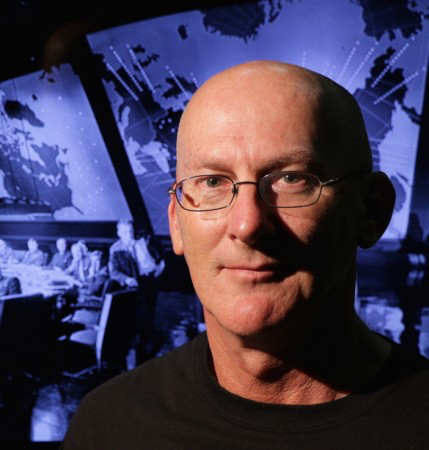 |
| Felicity Collins Reader/Associate Professor in the Department of Creative Arts and English at La Trobe University. She has written extensively on Australian screen culture and its mediation of settler-colonial and Indigenous relations. She is the editor with Susan Bye and Jane Landman of Wiley-Blackwell’s Companion to Australian Cinema (in press 2019). Books and themed journal issues include Australian Cinema After Mabowith Therese Davis (Cambridge Universiity Press, 2004), ‘Decolonizing Screens’, Studies in Australasian Cinema 7(2-3), and ‘Rethinking Witnessing Across History, Culture and Time’, Continuum: Journal of Media and Cultural Studies 31(5). She has published a series of articles and chapters on the films of the Blak Wave and the politics of reconciliation, most recently in Critical Arts 31(5) and Contemporary Publics (Marshall, et al, eds, 2016). Current collaborations include a recognition app, Where Do You Think You Are? and Looking Again, with Hester Joyce and La Trobe’s Centre for the Study of the Inland. |  |
| Therese Davis Monash University Associate Professor Therese Davis’s research is primarily concerned with cultural politics of Indigenous film and television in Australia. She is the co-author with Felicity Collins of Australian Cinema After Mabo (CUP, 2004). Her collaborative research with Indigenous scholar and filmmaker Romaine Moreton has been published in national and international journals. She is co-producer with Moreton and Chris Healy of an online research platform for sharing knowledge, ideas and resources about Australian Indigenous film and television: AITFV-research.net. | 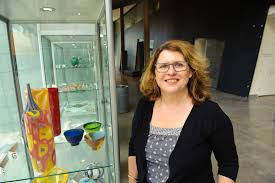 |
| Tessa Dwyer Tessa Dwyer is Lecturer in Film and Screen Studies at Monash University, Melbourne and president of online journal Senses of Cinema (www.sensesofcinema.com). She is author of Speaking in Subtitles: Revaluing Screen Translation (Edinburgh UP 2017) and co-editor of Seeing into Screens: Eye Tracking and the Moving Image (Bloomsbury 2018). Her research focuses on global screen flows, fandom and fan subtitling, language, voice and accent, text and translation. Tessa belongs to the ETMI (Eye Tracking the Moving Image) research group and is an active member of the Melbourne Screen Studies Group and the Australian Television Studies Network. Recently, she co-convened the 2017 Screening Melbourne conference and the 2018 TV Studies conference Wentworth is the New Prisoner. | 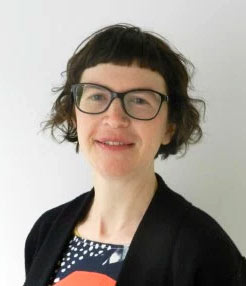 |
| Ross Gibson Ross Gibson is Centenary Professor in Creative Cultural Research at the University of Canberra. His work spans many media including a dozen single-authored books, many radio feature programs and exhibition installations, live performances and motion-picture productions. He was inaugural Creative Director at the Australian Centre for the Moving Image (1998 – 2002) and Senior Consultant Producer for the establishment of the Museum of Sydney (1993 – 96). He has also served as a member of the Foresighting Working Group for the Prime Minister’s Science, Engineering and Innovation Council. | 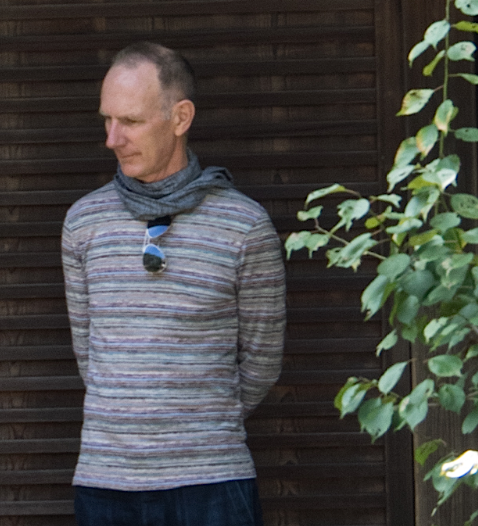 |
| Annie Goldson Professor Annie Goldson has been a documentary filmmaker for over 20 years, winning over 60 international and domestic awards at film festivals and selling to broadcasters such as PBS, CBC, Channel 4, ARD, Canal Plus and HBO. Major films include Punitive Damage, Georgie Girl, An Island Calling, Brother Number One and Kim Dotcom: Caught in the Web. Annie publishes widely primarily in the area of documentary studies. She holds an ONZM for services to film, is a Fellow of the Royal Society of NZ and received her PhD at the University of Auckland where she currently teaches. | 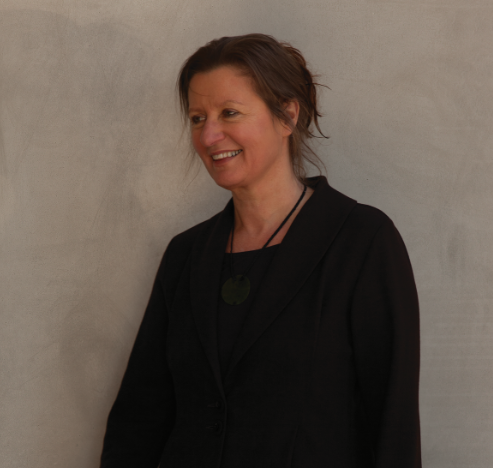 |
| Esther Hamburger Esther Hamburger is Professor of History, Theory, and Criticism at the Department of Cinema, Radio and Television at the School of Communication and Arts of University of São Paulo. With a PhD in Anthropology from the University of Chicago, she has recently been a Visiting Scholar at Harvard University’s David Rockefeller Center for Latin American Studies. She has been a visiting professor at the Federal University of Rio de Janeiro, and at University of Michigan. She has published in a wide range of book collections including The Brazil Reader History, Culture, Politics; A companion to Latin American cinema; The Routledge’s companion to media and gender; Television audiences across the world, El cinema de lo real, Miradas cruzadas: sociedad, política y cultura. She represents her university in Unesco Media Literacy and Intercultural Dialogue University Network. She has contributed with journals such as Galaxia, Significação, Lua Nova, Novos Estudos, Television and the new media, Framework. For 15 years she wrote regularly for Folha de S. Paulo Her book O Brasil Antenado: a sociedade da novela was nominated for the Jabuti prize. She was director of CINUSP (the University of São Paulo’s Cinema. She is currently the president of Kinoforum, the Association that promotes the São Paulo International Short Film Festival and the Kinoforum Audiovisual Workshops. She is a member of the editorial board of Significação, and of Coleção Cinusp. |  |
| John Hughes Independent filmmaker John Hughes (PhD., FAHA) holds honorary positions with RMIT University, the University of Melbourne and as an ARC Research Associate with the University of Canberra. A monograph The Films of John Hughes: A history of Independent Screen Production in Australia (Cumming, J. 2015) is published by ATOM. www.earlyworks.com.au | 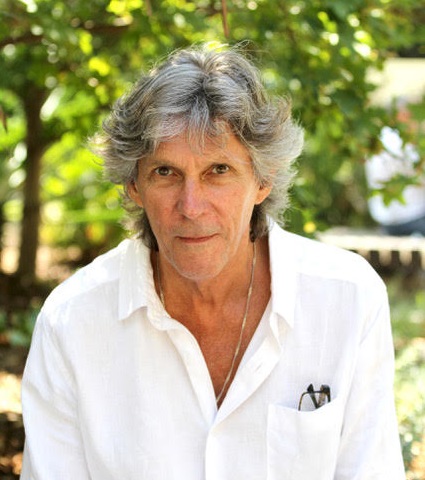 |
| Olivia Khoo Olivia Khoo is Associate Professor in Film and Screen Studies at Monash University, Australia. She is the author of The Chinese Exotic: Modern Diasporic Femininity (Hong Kong University Press, 2007), and co-author (with Belinda Smaill and Audrey Yue) of Transnational Australian Cinema: Ethics in the Asian Diasporas (Lexington, 2013). | 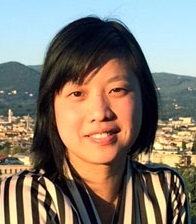 |
| Paola Lagos Labbe Master in Documentary Film and PhD (c) in Audiovisual Communication (Universitat Autònoma de Barcelona). Full time instructor at Universidad de Chile, where she teaches cinema subjects both at undergraduate and graduate level. Her researchinterests include Chilean and Latin American contemporary documentary, essay and autobiographical films, experimental cinema, analog and amateur films. |  |
| Adrian Martin Adrian Martin is a film and arts critic based in Vilassar de Mar (Spain). He is the author of eight books on cinema, including Mysteries of Cinema (Amsterdam University Press, 2018). His ongoing archive website of film reviews, covering 40 years of writing, is at http://www.filmcritic.com.au. | 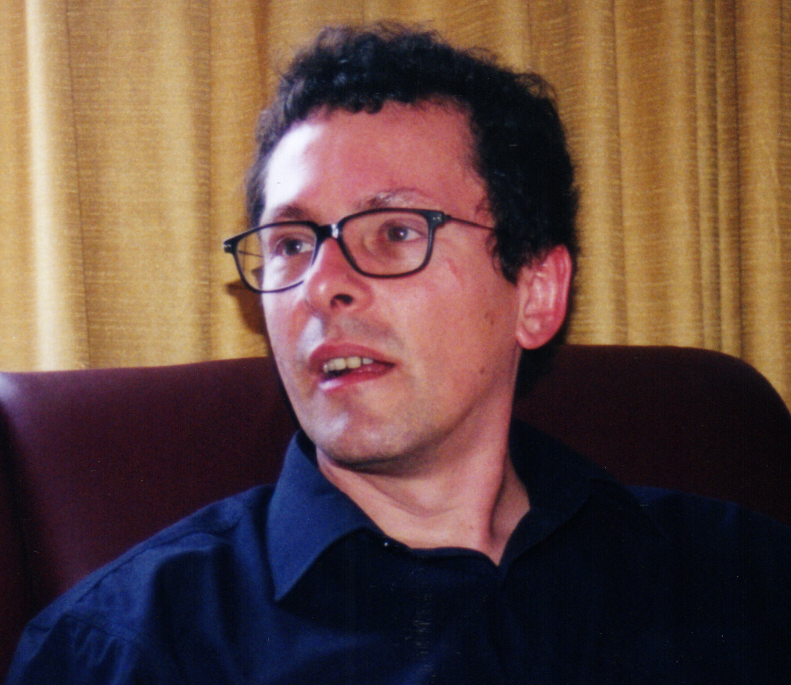 |
| Alfredo Martinez-Esposito Alfredo has been professor of Spanish and Head of School at the universities of Queensland and Melbourne. He has published extensively on Spanish and Latin American cinemas from gender/sexuality and nation branding perspectives. He collaborates with film and gender research networks in the UK, Spain andArgentina. |  |
| Mariano Mestman Mariano Mestman is a Researcher at the National Council of Scientific Research (CONICET) and at the University of Buenos Aires, Argentina. His works include studies on working class on screen, Latin American and Third World filmmakers, and the Italian Neorealist and John Grierson influences in New Latin American Cinema, among others. | 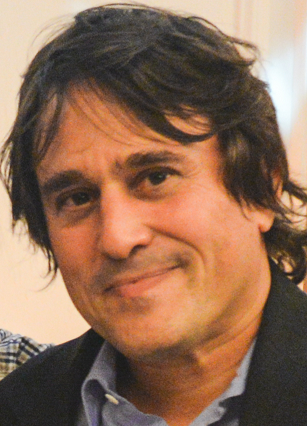 |
| Jane Mills Associate Professor Jane Mills (University of New South Wales, Australia) has a production background in journalism, television and documentary film and has written and broadcast widely on cinema, screen literacy, censorship, feminism, sociolinguistics and human rights. Her current research projects concern cosmopolitanism, geocriticism and ‘outsider’ or sojourner cinema. She is the Series Editor of Australian Screen Classics, a member of the Sydney Film Festival Advisory Panel and the author of eight books including The Money Shot: Cinema Sin and Censorship (2001), Loving and Hating Hollywood: Reframing Global and Local Cinemas (2009) and Jedda (2012). | 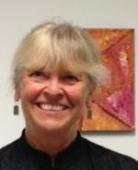 |
| Lúcia Nagib Lúcia Nagib is Professor of Film at the University of Reading. She is the PI on the AHRC-FAPESP funded IntermIdia Project, www.reading.ac.uk/intermidia . Her research has focused, among other subjects, on polycentric approaches to world cinema, new waves and new cinemas, cinematic realism and intermediality. She is the author of World Cinema and the Ethics of Realism (Bloomsbury, 2011), Brazil on Screen: Cinema Novo, New Cinema, Utopia (I.B. Tauris, 2007), A Retomada do Cinema Brasileiro: depoimentos de 90 cineastas dos anos 90 (Editora 34, 2002), Nascido das cinzas: autor e sujeito nos filmes de Oshima (Edusp, 1995), Em torno da nouvelle vague japonesa (Editora da Unicamp, 1993) and Werner Herzog: o cinema como realidade (EstaçãoLiberdade, 1991). She is the editor of Impure Cinema: Intermedial and Intercultural Approaches to Film (with Anne Jerslev, I.B. Tauris, 2013), Theorizing World Cinema (with Chris Perriam and Rajinder Dudrah, I.B. Tauris, 2011), Realism and the Audiovisual Media (with Cecília Mello, Palgrave, 2009), The New Brazilian Cinema (I.B. Tauris, 2003), Mestre Mizoguchi (Navegar, 1990) and Ozu (Marco Zero, 1990). | 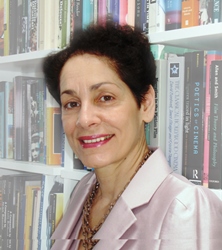 |
| Tom O’Regan Tom O’Regan is Professor of Media and Cultural Studies in the School of Communication and Arts, University of Queensland. His interests include: New Zealand and Australian screen relations; Australasian and South African media cities; and the ways these countries and cities connect with dominant Northern media players. | 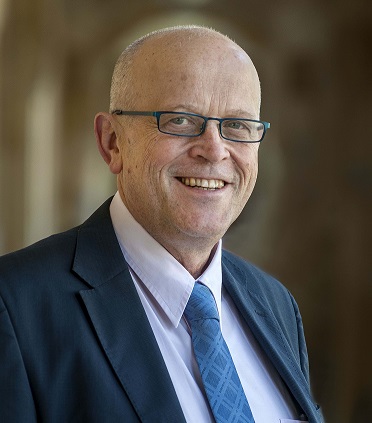 |
| Walescka Pino-Ojeda Walescka Pino-Ojeda completed her BA in Universidad Austral de Chile, Valdivia, and her PhD in Critical Theory and Latin American Literature at the University of Washington, Seattle. Since 2007 she has been the director o the New Zealand Centre for Latin American Studies at The University of Auckland. Building on Latin American Cultural and Memory Studies, she has published on Latin American women and gay literature, photography, civic activism, film, and popular music. Her books, Sobre Castas y Puentes: Conversaciones con Elena Poniatowska, Rosario Ferre y Eltit (2000) and Noche y Niebla: Neoliberalismo, Memoria y Trauma en el Chile post-authoritario Chile (2011) were published in Chile by Editorial Cuarto Propio, while multiple book chapters and articles have been published in Australia, Latin America, South Africa, the US and the UK. She is presently completing a volume that analyses the role that the arts, culture and civic activism have been playing in overcoming the traumas of the past in order to consolidate ongoing processes of re-democratization in post-authoritarian Chile. |  |
| Susannah Radstone Susannah Radstone is an interdisciplinary Humanities researcher specializing in cultural theory and cultural memory. Her publications span memory and trauma studies, film and TV, literature and, more recently, the visual arts. Her publications include (ed.) Memory and Methodology (2000); (ed. with Katharine Hodgkin) Regimes of Memory (2003); (ed. with Katharine Hodgkin) Contested Pasts (2003); (ed. with Caroline Bainbridge, Michael Rustin and Candida Yates) Culture and the Unconscious (2007); (ed. with Corinne Squire and Amal Treacher, Public Emotions (2007); The Sexual Politics of Time (2007); (ed. with Bill Schwarz) Memory: Histories, Theories Debates (2010) and many journal articles. |  |
| Fernão Pessoa Ramos Full Professor at the Department of Cinema Studies/State University of Campinasl (UNICAMP/Brazil). Founding president of Socine (‘Brazilian Society of Film Studies’) (1997/2001). Visiting professor in the Department of Cinema and Audiovisual, University of Paris III/Sorbonne Nouvelle (2000).Coordinator of the ‘Research Center for Documentary Film’ at UNICAMP (Centro de Pesquisas em Cinema Documentário/CEPECIDOC). Author of A Imagem-câmera (“The Camera-image”, Papirus, 2012); Mas afinal… o que é mesmo documentário? (“After all… what we mean by documentary?”, Ed. Senac 2008); Cinema Marginal (1968/1973): a representação em seu limite (“Brazilian Marginal Cinema: the representation in its limit”. Ed. Brasiliense, 1987) and editor of Teoria Contemporânea do Cinema (vol. I e II) (“Contemporary Film Theory vol. I and II”, Ed.SENAC, 2005). |  |
| Belinda Smaill Belinda Smaill is an Associate Professor in Film and Screen Studies. Her research focuses on women and cinema and documentary studies and Australian film and television. Her recent research projects have explored nonfiction moving image culture, animals and the environment. She is the author of The Documentary: Politics, Emotion, Culture (Palgrave, 2010), Regarding Life: Animals and the Documentary Moving Image (SUNY Press, 2016) and co-author of Transnational Australian Cinema: Ethics in the Asian Diasporas (Lexington Books, 2013). | 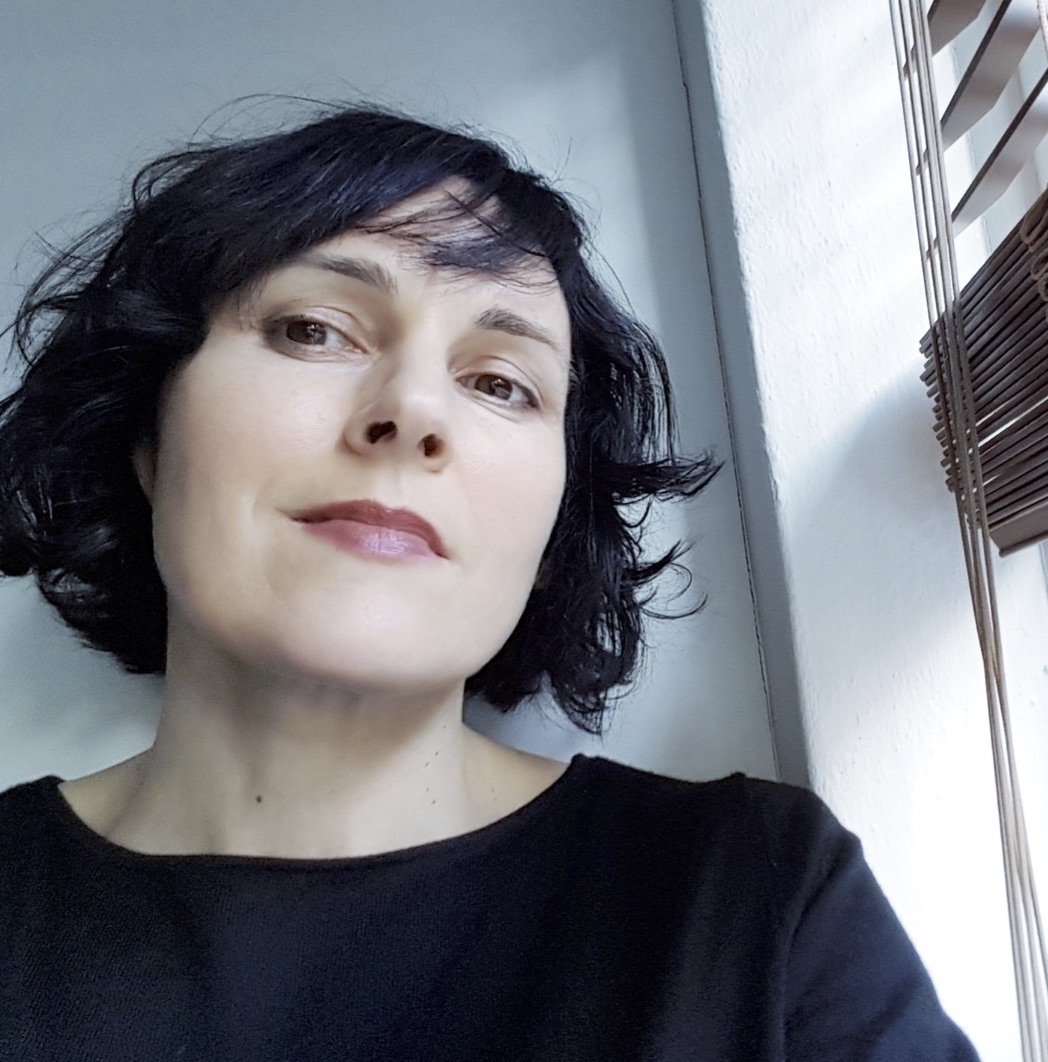 |
| Gilberto Sobrinho Professor of Film and Media Studies at University of Campinas (UNICAMP, Campinas, Brazil). He has published extensively on authorship, aesthetic and politics focusing on Brazilian and British artists, including the books O autor multiplicado. Um estudo sobre os filmes de Peter Greenaway (2013) and Cinemas em Redes: Tecnologia, Estética e Política na Era Digital (2016). He is also a filmmaker and recently has released The Black Trilogy (Diaries of Exu (2015), The Dance of Friendship – Histories of Urucungos, Puítas e Quijengues (2016) and The Rainbow House Women (2018)), poetic documentaries about territories, diaspora and blackness. | 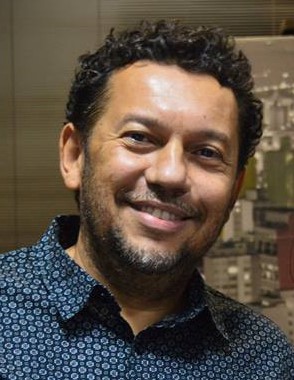 |
| Jane Stadler Jane Stadler is Professor of Film and Media Studies at Swinburne University, Australia. She led an Australian Research Council project about landscape and location in Australian cinema, literature, and theatre and co-authored a book on this topic, Imagined Landscapes: Geovisualizing Australian Spatial Narratives (2016). She is author of Pulling Focus: Intersubjective Experience, Narrative Film and Ethics (2008) and co-author of Screen Media (2009) and Media and Society (2016). | 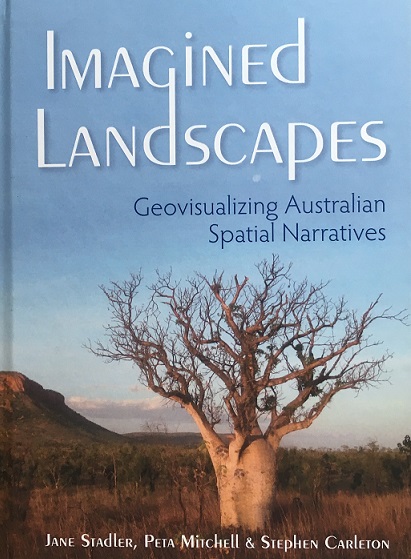 |
| Keyan G. Tomaselli Keyan G Tomaselli is Distinguished Professor, Faculty of Humanities, University of Johannesburg. He is editor of Critical Arts: South-North Cultural and Media Studies and co-editor of Journal of African Cinemas. His work on Southern issues can be read in Encountering Modernity: 20th Century South African Cinemas (2007), Cultural Tourism and Identity (2012), Writing in the San/d (2007) and in other books and articles in which he explores issues of indigeneity. |  |
| Antonio Traverso Antonio Traverso is Senior Lecturer in Screen Studies at Curtin University. He studied philosophy in Chile in the 1980s, completed a PhD on the philosophy of vision at Murdoch University in 2003, and among his recent publications is, as editor, Southern Screens: Cinema, Culture and the Global South (Routledge, 2016). |  |
| Constantine Verevis Constantine Verevis is Associate Professor in Film and Screen Studies at Monash University, Melbourne. He has a special interest in theories of adaptation and media seriality: especially, film and television remakes, sequels, trilogies and series. He is interested in exploring how these serial formats function on southern screens. |  |
| Deane Williams Deane Williams is Associate Professor, Film and Television Studies, Monash University, Melbourne. He is editor of Studies in Documentary Film and his books include Australian Post-War Documentary Films: An Arc of Mirrors (Intellect, 2008) and, with Brian McFarlane, Michael Winterbottom (Manchester University Press, 2009). He is working on a number of books including The Films of Sean Penn for Wallflower Press (2013) and editing (with Zoe Druick) The Grierson Effect for the BFI/Palgrave. |  |